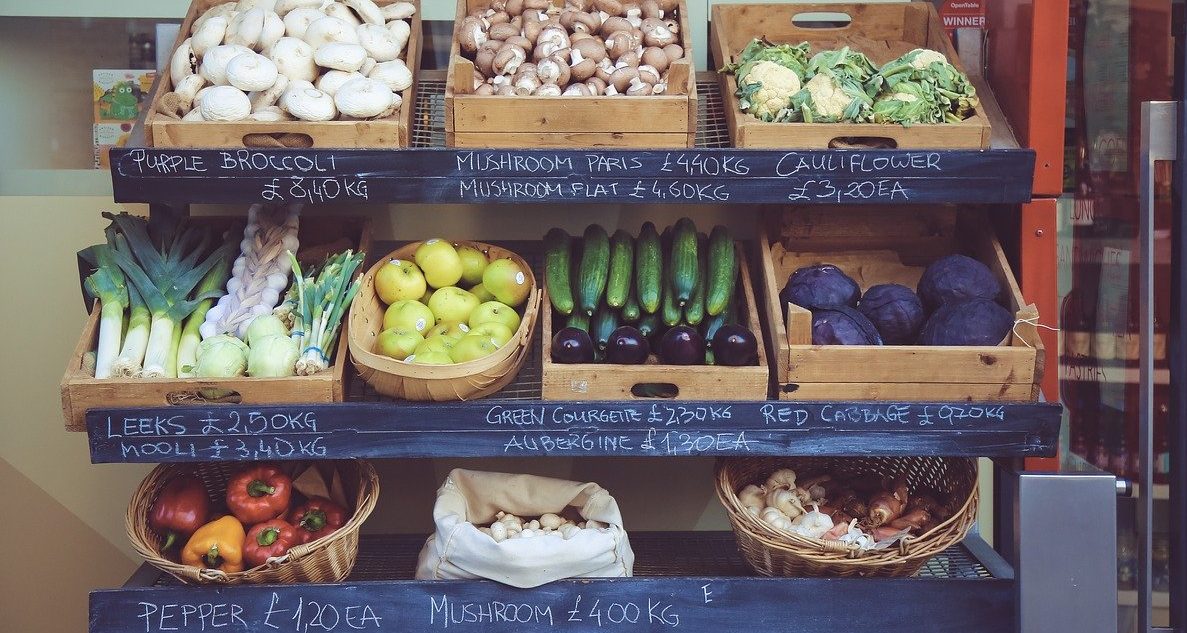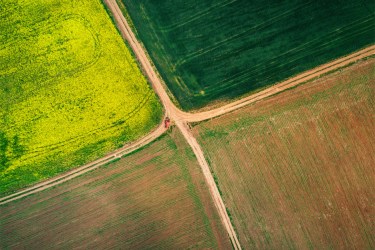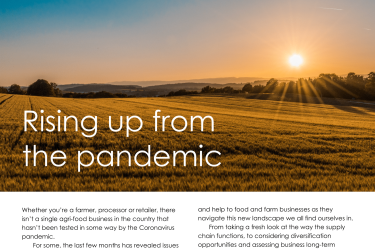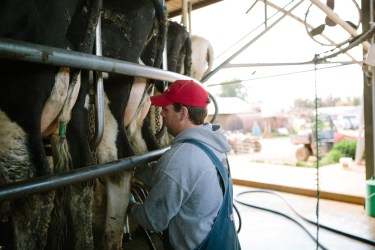By Tom Gill
Farmers and food producers may have become accustomed to volatility in recent years, but the upheaval caused by the coronavirus hit businesses in ways few could have envisaged.
Amidst the upset many in the agri-food sector might be dealing with, the pandemic has raised serious questions over the way the food system functions globally, and how sustainable it really is.
Given the speed in which producers, processors and retailers were able to react to some of the immediate — and significant — challenges the coronavirus created, it’s shown that the industry is able to adapt in positive ways.
They question now though, is can that adaptation continue, and could it lead to better things in terms of long-term sustainability?
We all know that things don’t simply get better by themselves, and if we want to see meaningful change, people at every stage of the food production process needs to take responsibility to make gradual but meaningful improvements.
With that in mind, here are five ways the agri-food sector can take action to become more sustainable post-COVID.
1. Think big, start small, act fast
Agri-food businesses have traditionally worked independently from each other, so seeing themselves — and their actions — as a piece in a giant jigsaw puzzle can sometimes be a challenge.
Can an individual beef or dairy business really make a difference when it comes to reducing the the carbon footprint of the livestock industry, for example?
Or can planting trees and hedgerows on less-productive land really help reduce global greenhouse gas emissions and increase UK farmland bird numbers?
Thinking that collective actions won’t have an impact on the wider world is a mindset businesses of all shapes and sizes need to get out of — regardless of which industry they work in.
We’ve seen from the cancellations of flights due to COVID-19, for example, that greenhouse gas emissions can be reduced on a global scale.
And while this sharp drop in emissions might be an unprecedented — and extreme — example, it should act as a prompt for all of us to think about what is possible, and how we can raise the impact of our actions.
So what does that mean in practice? Well, it’s about thinking big, starting small, and acting fast.
This doesn’t just require businesses to look at the surface of their operations, but to also dig deep, analyse data, and identify what changes they can make immediately, before making plans for the next two, or five, or ten years.
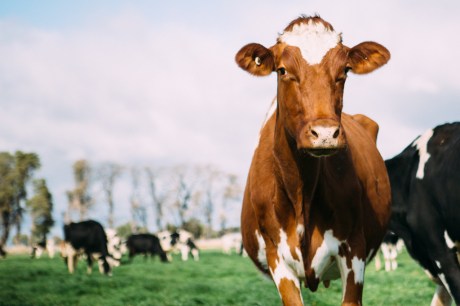
Not only can analysing data help identify hotspots and drive more specific and impactful solutions, it can also help businesses communicate their plans more clearly, enabling them to justify their actions without fear of criticism.
2. Engage – especially at a local level
If there’s one thing that we’ve seen during the coronavirus pandemic, it’s that local connections and relationships matter.
Many farms, food businesses and retailers have quickly found themselves at the heart of their communities as people chose to buy food from local and farm shops.
While some consumers will undoubtedly return to their ‘pre-covid’ shopping habits, working to keep those connections in place is something agri-food businesses should consider.
Retailers like Morrisons and Sainsbury’s have shown local communities can be partners in driving sustainability and resilience for businesses, but its important to remember that those relationships can’t be one-way.
Identifying their needs, capturing knowledge and helping find solutions to local problems will help ensure food businesses’ standing in the eyes of the community.
3. Empower your business to become more productive and sustainable
We’ve all heard the saying that knowledge is power, and when it comes to driving agri-business sustainability and productivity that couldn’t be truer.
If businesses are serious about becoming more sustainable, then a vital first step is to understand where they are starting from, and that means looking at operations critically and measuring diligently.
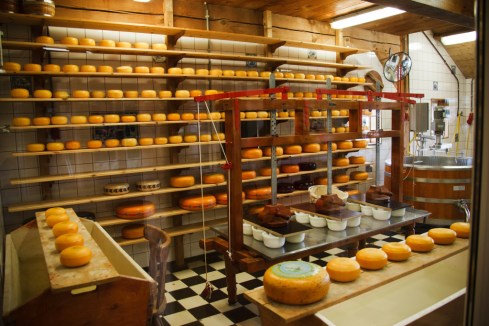
It’s only through understanding its current baseline performance, as well as actively identifying vulnerabilities and risks, that a business can start to identify where it can make meaningful change — and also monitor the impact of any adjustments it does make.
With policy changes on the horizon in the UK due to the new Agriculture Bill — which will drive greater focus on farms’ environmental standards — as well as the Clean Air Strategy and post-Brexit trade agreements, understanding their starting point will be key to enabling UK farmers to tell their story, and proving their operations’ value.
4. Recognise different people value different things
Consumers and other stakeholders up and down the supply chain might value different factors within your business over others, and that might impact upon what businesses measure and track — as well as the wider messages they and the wider industry tells.
This might mean that discussions around the sustainability of British food focus more on the fair treatment of people, or on waste or packaging issues — social and ethical elements which haven’t necessarily been prioritised in the sustainability debate in the past.
It’s unlikely that all of the same values will be shared with everyone across the chain, but thinking about supporting worker rights, mental health and wellbeing, or generating efficiencies, building resilience, and delivering on the big agendas around sustainability are factors most people will find some affiliation with, one way or another.
5. Work together
Farmers have always been good at coming together in a crisis, but what’s been interesting too see in recent week is the way the whole supply chain has worked more closely.
Through work we’ve done previously with retailers such as the Co-Op and Waitrose, and with Arla, we’ve seen firsthand that working more collaboratively across the chain can drive innovation and more fairness in the system.
Working together doesn’t have to be on a grand scale in the form of a formal cooperative or other business model though — it could be as simple as asking for help from another business or neighbour, or seeking the expertise and guidance of a professional company if they need advice.
Having these links and networks will all potentially help when it comes to making decisions, sourcing inputs, or being prepared for any future shocks.




